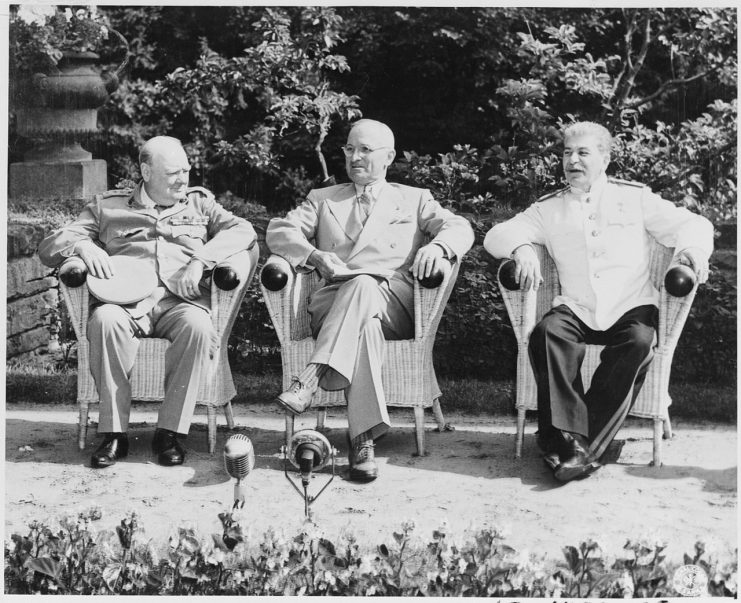Left-wing politicians in Greece are pushing for Germany to pay reparations for the damages it caused during World War II. The parliamentary committee has called for a debate on the subject.
For its part, Germany has refused to entertain the notion that it owes anything to Greece. They have refused to pay and have refused to even negotiate with Greece.
But experts in Germany’s Parliament have released a report that undermines the German government position.
The Scientific Services of the Parliament released their findings which were commissioned by the Left Party. In part, the report states that the government is not violating international law by their position, but it is “by no means compulsory.” The report further recommends taking the case to the International Court of Justice to receive legal guidance in the matter.

The court at the Hague cannot on its own take up the case since the actions in question occurred over 70 years ago. The German government would need to agree to the process which it has explicitly rejected.
Back in June, the Minister of State at the Federal Foreign Office was asked about the Greek demands and he stated that neither side wished to have the International Court of Justice settle the question.
The Left Party’s deputy, Heike Hansel, said that the report showed that the German government is no longer able to avoid their responsibility for the past actions of the country. He continued by stating that the German government had “completely failed on this issue.”
The government’s position is that all WWII issues were resolved in 1990 with the Treaty on the Final Settlement with Respect to Germany (also referred to as the Two Plus Four Agreement).
The treaty was signed by both East and West Germany. Those are the “Two” in the “Two Plus Four.” The “Four” who signed were the US, the USSR, France and the UK. It allowed for Germany to become a unified and fully sovereign country.
For its part, Germany accepted its current border with Poland and renounced the other claims it had made to territory.
Reparations were not included in the agreement and Greece was not a party in the negotiations for the treaty.
Germany points to the 1945 Potsdam Conference as resolving the question of reparations. The Soviet Union settled the reparation claims of its satellite countries in large part by supplying them with industrial equipment. For their part, the other Allied countries resolved to settle the reparation claims of other countries by dividing up German industrial and naval assets.

Germany also signed an agreement with twelve other nations in the 1950s. Greece was included in this agreement and received 115 million Deutsche marks in 1960 as the final settlement to its claims.
Germany has spent 76 billion euros to compensate for the crimes its Nazi leaders committed in WWII.
What remains to be seen is whether the new government in Greece which was elected on July 7 will continue to push Germany for the reparations.
Prime Minister Kyriakos Mitsotakis, who was elected on July 7, is expected to make his first trip to Germany.
Poland is also demanding reparations from Germany. Between the two countries, $1.2 trillion in claims are being levied against the Germans.
Poland is expected to release a report on September 1 which coincides with the 80th anniversary of the start of WWII. The report is expected to demand $850 billion from the Germans.
Of course, all this posturing is mainly a way for politicians in the two countries to grab the attention of their voters. The current ruling party in Greece ran on a platform of getting justice from Germany and reducing the country’s debt. They have thus far achieved neither goal so they need to show the voters that they are still working on the issues.
Another Article From Us: Submarines Vanish From The Seabed & They Contained Remains of 77 Crew Members
